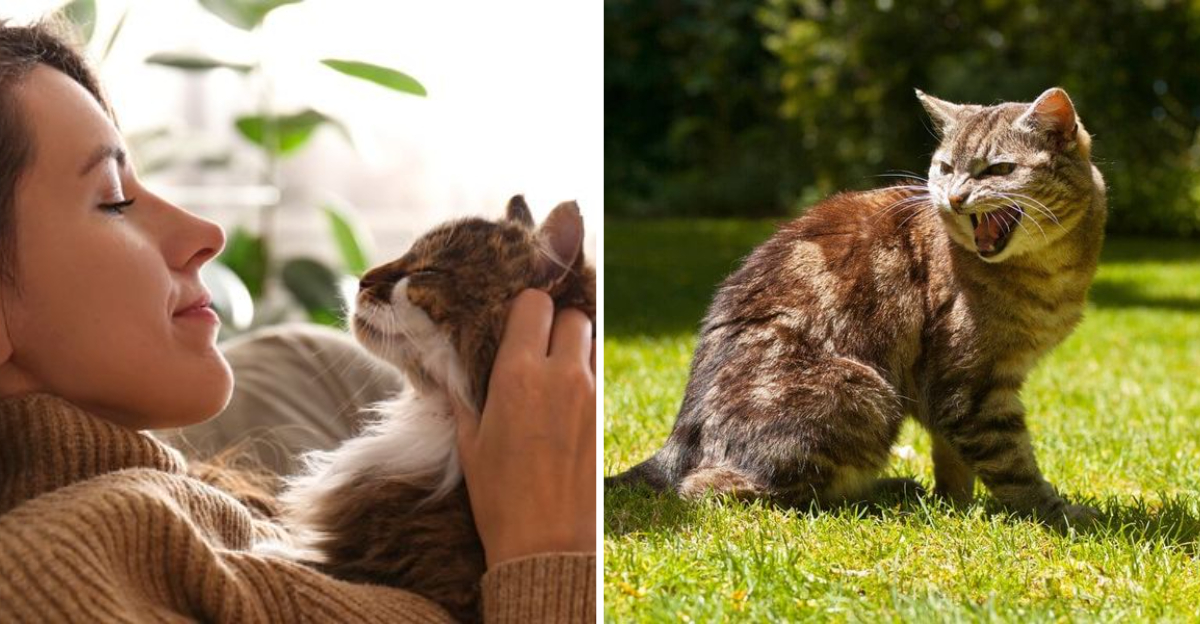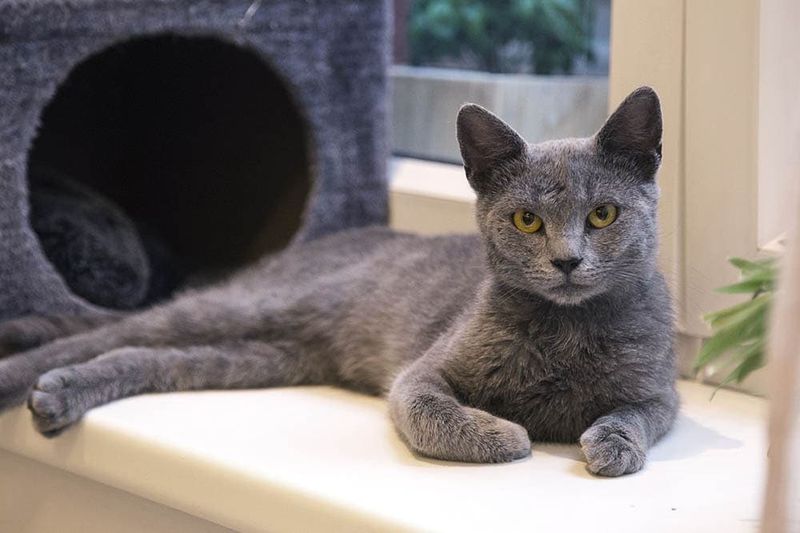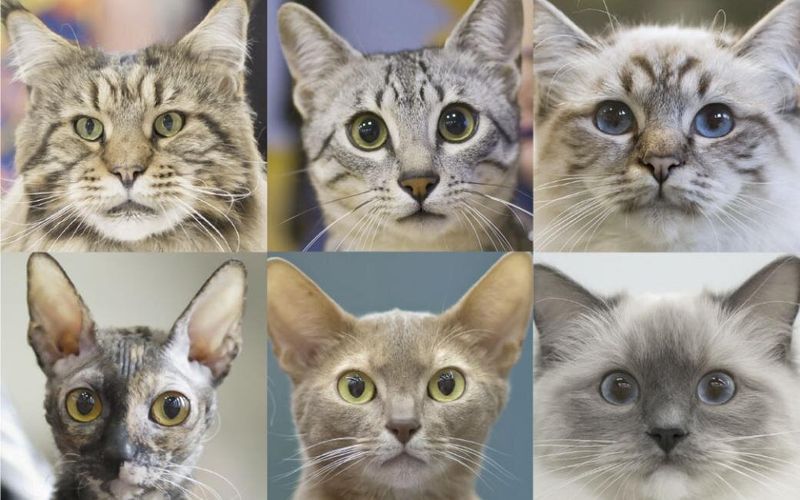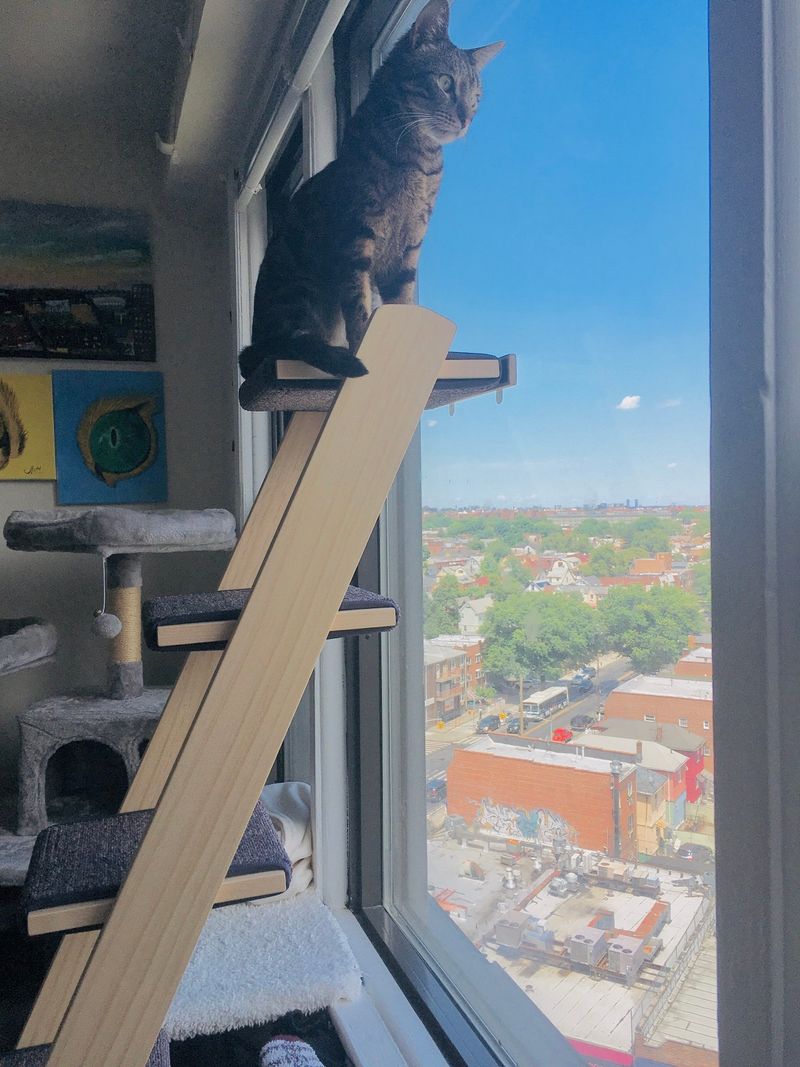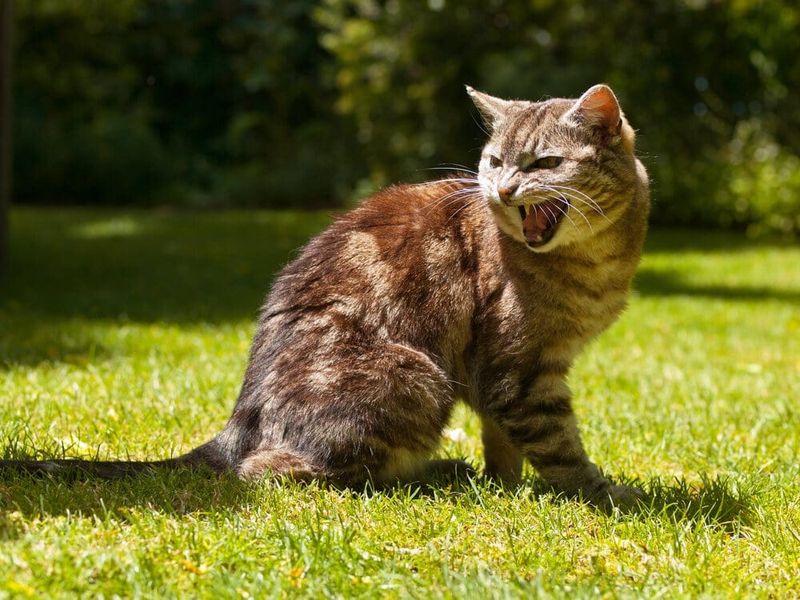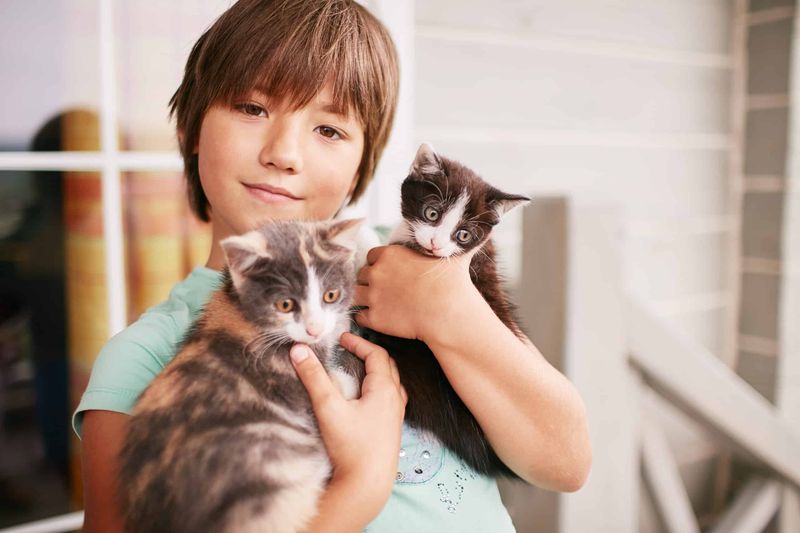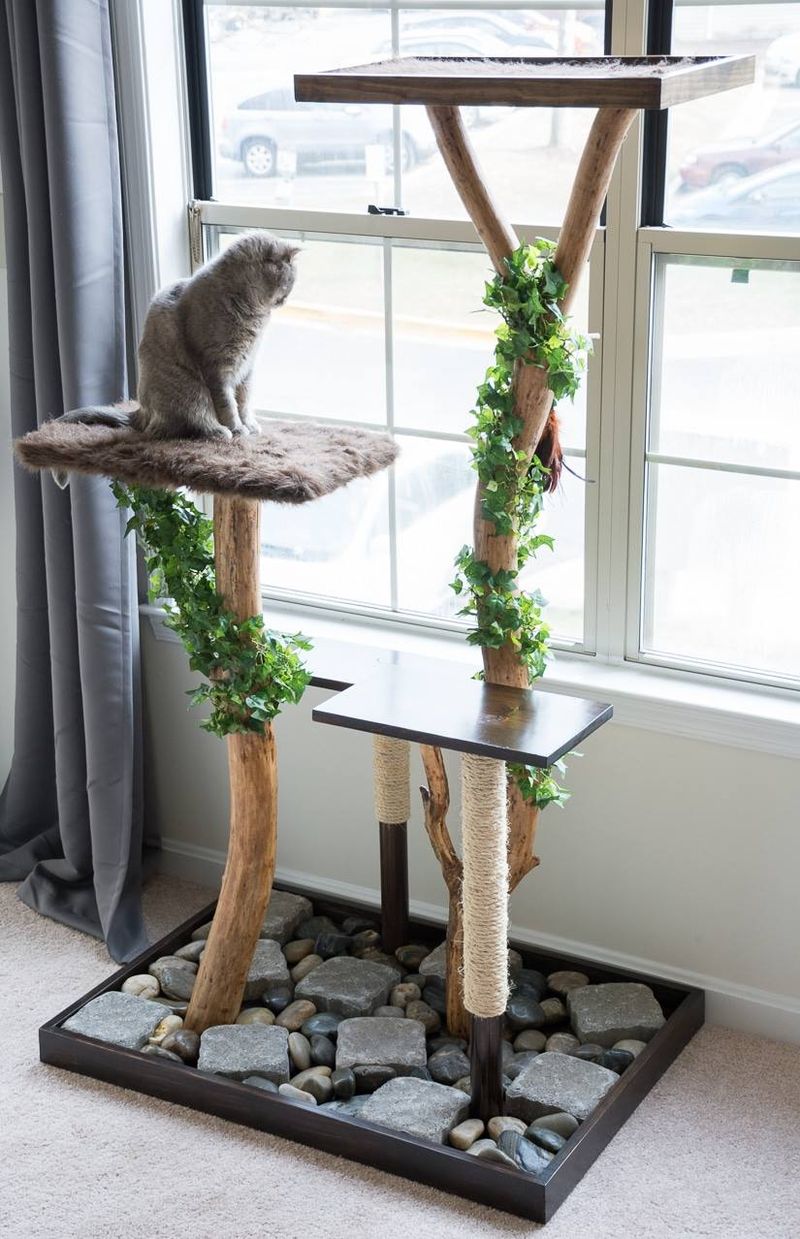📖 Table of Content:
- 1. Cats Are Low Maintenance
- 2. They Provide Quiet Companionship
- 3. Cats Have Unique Personalities
- 4. They Help Reduce Stress
- 5. Cats Are Great for Small Spaces
- 6. They Can Be Aloof
- 7. Allergies Can Be a Concern
- 8. Cats Can Be Territorial
- 9. They May Not Be Kid-Friendly
- 10. Cats Require Environmental Enrichment
Cats have long been celebrated as charming, independent companions, yet they may not suit everyone. In this blog post, we explore the delightful traits that make cats beloved pets, alongside potential challenges that might deter some from embracing feline friendship. Whether you’re a seasoned cat owner or considering your first pet, understanding both sides of the coin will guide you in making an informed decision about sharing your life with a cat. Read on to discover the joys and complexities of welcoming a cat into your home.
1. Cats Are Low Maintenance
Cats are famously independent creatures, often requiring less attention than other pets. With their natural grooming instincts, they usually keep themselves clean, minimizing the effort for you. Beyond that, they don’t need daily walks, making them a perfect fit for busy individuals. Moreover, their ability to entertain themselves with simple toys or by gazing out the window means they thrive even when left alone for hours. This independence doesn’t come at the cost of affection, as they often curl up beside you after a long day. Their unique blend of self-sufficiency and companionship creates a balanced pet experience.
2. They Provide Quiet Companionship
Cats bring a gentle presence into any home, offering quiet companionship without the need for constant interaction. Their soft purring has a calming effect, creating a soothing atmosphere after a hectic day. Unlike more demanding pets, cats are content with simple pleasures like a cozy nap spot or a sunlit corner. They don’t bark or cause noise disturbances, making them ideal for apartment living. With their tranquil demeanor, they provide emotional support and warmth without overwhelming their owners. This peaceful coexistence is cherished by those who appreciate subtle yet profound companionship.
3. Cats Have Unique Personalities
Every cat boasts its own distinctive personality, making each interaction a new experience. Some are playful and mischievous, delighting in chasing toys and exploring every nook of the house. Others are calm and contemplative, preferring to watch the world go by. This wide range of behaviors ensures that there’s a feline match for every lifestyle and preference. Observing their unique quirks and routines provides endless entertainment and fond memories. Despite their individuality, they all share an endearing quality that captivates their owners, making them truly irreplaceable members of the household.
4. They Help Reduce Stress
Cats are natural stress relievers, with their soothing purrs and gentle presence. Spending time with a cat can lower blood pressure and reduce anxiety levels. Their calming aura promotes relaxation, especially during tense moments. Stroking a cat or simply watching them play can divert your mind from daily worries, offering a sense of tranquility. This therapeutic companionship is invaluable for those seeking a refuge from stress. The bond formed with a cat is both comforting and healing, enriching the lives of those who welcome them. For many, cats are an oasis of calm in a chaotic world.
5. Cats Are Great for Small Spaces
Cats adapt well to various living situations, including small apartments. Their compact size and independent nature make them ideal for urban dwellers with limited space. Unlike larger pets, they don’t require expansive areas to roam. A cozy corner, a few toys, and a window to watch the world suffice for their entertainment. This adaptability makes them a favored choice for city life. Moreover, their presence can transform a small space into a warm, inviting home. Compact yet full of personality, cats bring joy even to the smallest of dwellings.
6. They Can Be Aloof
While many appreciate a cat’s independent nature, others may find it too distant. Cats are known for their aloofness, sometimes preferring solitude over interaction. This can be challenging for those seeking constant companionship. Unlike dogs, cats may not always respond to calls or show excitement upon your return. Their selective affection can feel indifferent, leaving some owners yearning for more engagement. This trait, while intriguing, might not suit everyone’s expectations of a pet. Understanding and accepting a cat’s unique behavior is crucial to a harmonious relationship.
7. Allergies Can Be a Concern
Cat allergies are a common issue that can deter potential owners. The proteins in a cat’s saliva, skin, and dander can trigger allergic reactions, leading to sneezing, itchy eyes, and discomfort. This can be particularly troublesome for households with sensitive individuals. Managing allergies often requires extra cleaning and maintaining a dander-free environment, which can be labor-intensive. For some, the joy of owning a cat outweighs these challenges, while for others, it’s a dealbreaker. Thorough consideration of allergies is essential before adopting a cat, ensuring a healthy and comfortable living arrangement for all.
8. Cats Can Be Territorial
Cats are territorial animals, often claiming spaces within their home. This can lead to conflicts, especially in multi-pet households. Their territorial nature might manifest as aggression or anxiety if they feel their space is threatened. Introducing new pets can be challenging, requiring careful management to avoid disputes. For families with multiple animals, understanding feline territorial instincts is vital to maintaining peace. This aspect of cat behavior is both fascinating and potentially problematic, demanding attention and respect from their owners. Balancing their need for territory with harmonious cohabitation can be tricky yet rewarding.
9. They May Not Be Kid-Friendly
Some cats may not tolerate the unpredictable nature of children. Their patience varies, and not all felines are comfortable with constant noise or sudden movements. This can lead to scratches or bites if a cat feels threatened. Families with young children need to consider a cat’s temperament and teach kids how to interact gently. Selecting a cat known for being kid-friendly can mitigate risks, but careful supervision is essential. While some cats thrive in a family environment, others may prefer a quieter home. Thoughtful consideration ensures a safe and enjoyable experience for both children and cats.
10. Cats Require Environmental Enrichment
Despite their independent nature, cats need enrichment to thrive. Without stimulation, they can become bored, leading to destructive behavior. Providing toys, climbing structures, and interactive playtime is crucial to their well-being. This enriches their environment, satisfying their hunting instincts and keeping them mentally engaged. Owners must be proactive in offering variety and challenge to prevent monotony. Though this requires effort, the rewards are a happy, energetic cat. Balancing independence with engagement fosters a fulfilling home life for both cats and their owners. Understanding these needs is key to a harmonious relationship.
